Money that you don't plan for is money that easily vanishes. Before you can find money to save, you have to create a budget that shows you where all your money goes.
For any important area of life, you need a plan that offers guidance and direction to be successful. The same applies when it comes to money.
I'll be honest, budgeting requires discipline and it's one of the reasons many people shy away from creating a budget.
However, if you constantly find yourself at the end of the month, wondering how you spent your money, then you need a budget.
A budget simply provides a plan for how you want to spend your money over a specific period.
As you go through this post, you will know why you need a budget. Next, you'll learn how to create a budget that includes how much money you want to save. Lastly, you'll learn how to keep track of your budget.
Why You Need a Personal Budget

One main reason to have a budget is to reach your money goals. Here are some more reasons you need a budget:
1. You are in Control of Your Finances
Think about it; you'll know where your money comes from, how much goes out, what you spend it on, and what you can afford at any given time. You practically define your lifestyle with a budget.
This way, you never have to wonder or worry about what happens to your money because you're in complete control of how you spend it.
2. Plan Out All Your Expenses
Generally, the average person can have up to 10 expenses. Some of those expenses are Groceries, Housing, Cell phone bills, gas/transportation, health insurance, car insurance, clothing, car loan, student loans, and entertainment.
Just imagine having to keep track of all these expenses mentally! It can be very easy to get overwhelmed if you don't have an outline of all these expenses and bills ahead of time.
You could run out of money before you remember to pay your car loan (although using your lender's auto-pay feature can also help prevent that).
A budget would help you make sure that you allocate money to your required expenses first, before your entertainment spending (meaning you might have to skip the movies next month).
3. Improves Your Spending Habits and Identifies Areas to Save Money
It's very easy to spend money on a lot of superficial things. Having a budget helps you separate what you need to have and what you want to have.
For instance, if you eat out for lunch with your coworkers 5 days a week, 20 days a month, 240 – 260 days a year, at $10 per lunch, that's a whopping $200/month and at least $2400/year on lunch alone.
A budget would let you rethink buying that daily cup of coffee, reconsider an all-access gym membership plan you occasionally use and cancel one or two of your accounts on 5 different streaming platforms.
4. Helps You Focus on Your Financial Goals
Maybe you're saving to put a down-payment on a house, take a summer vacation, or invest in a business. Whatever short-term or long-term goals you have for your money can only be attained with a clear money plan that keeps you focused on your financial priorities.
A budget also helps define boundaries. These would keep you from splurging on another pair of shoes and also spare you from that annoying little feeling of buyer's remorse.
Learn More:
How to Start Saving for a House Hassle-Free
5. Provides Room for an Emergency Fund
No one ever anticipates a leak in their roof or a need for a major car repair, but that's why it's called “an emergency.” Unexpected expenses pop up sometimes, and it can be very devastating to be without any means to handle them.
Taking control of your finances and improving your spending habits gives you room to deliberately put some money aside for an emergency expense.
A general rule of thumb for an emergency fund is to have 3-6 months' worth of money to cover your normal expenses without any income.
Learn More:
32 Realistic Ways to Save Money Very Easily Without Giving up Too Much
6. Builds Confidence and Improves Your Overall Peace of Mind
The ability to always know the state of your finances instantly comes with a sense of relief and peace of mind. It goes without saying that not having to worry about money will help you feel and sleep better at night.
5 Monthly Budgeting Techniques
1. Zero-based budgeting
This type of budgeting is really true to its name. It literally means assigning money to every single category until there's zero money left.
You're “forced” to account for every single dollar ahead of time and also instills a certain level of discipline because you can't spend a single dollar that wasn't budgeted for.
An example of how this works is to assign an amount of money to every single bill individually, such as electricity, gas, water, phone, internet, credit card, car insurance, health insurance, rent/mortgage.
Then also assign amounts of money to IRA, savings account, emergency fund, groceries, gas, movies, eating out, clothes, hair care, and several others.
The main philosophy behind this method is to be as detailed as possible with budgeting.
This method requires a lot of time, effort, tracking, and micromanaging every single detail of your budget. If you want to have complete oversight and control of your money, you may consider this approach.
However, it might not be right for you if you don't want to be too detailed in tracking every dollar or want a bit of flexibility in your expense categories.
2. 50/30/20 Budgeting
This method is based on percentages of your income. It involves assigning 50% of your net income to your needs, 30% to your wants, and 20% to your savings and debt.
This is a simple budgeting method that can take a lot of work and time out of budgeting because you don't have to divide your expenses into many categories.
Senator Warren is a big proponent for this method in her book, All Your Worth: The Ultimate Lifetime Money Plan.
Now, you might be wondering how this works. Take a look:
50% for Needs
This category includes only expenses that you absolutely need to have…for survival. That might sound extreme but let's check out examples of expenses in this category
- Mortgage/Rent
- Car payments/Transportation
- Food
- Health care
- Basic Utilities
- Minimum debt payments
Essentially, the idea is that if all these needs to haves exceed 50% of your income, then you're probably living above your means.
You may have to make some adjustments to your lifestyle, such as a smaller house or cheaper car. Note that basic utilities do not include cable TV with 500 channels, internet, or Netflix.
30% for Wants
Basically, wants aren't essential to your living, but you still desire to have them for your own enjoyment and lifestyle preferences. This can include:
- Ultra-fast internet
- Going to the movies
- Vacation/Travel
- Subscriptions
- Gym Membership
- Eating out
20% for Savings and Debt
This includes the portion of your money you devote to reducing your debt and providing a financial safety net for future emergencies or expenses. Here's an example:
- Emergency Fund
- Individual Retirement Account (IRA)
- Investment Account
- Extra payments to cover your debt
As you can see, the 50/30/20 method is a simple way to allocate percentages of your money to 3 distinct categories of your expenses.
However, one drawback of this method is that having broad categories such as this can lead to mismanagement of the subcategories' spending.
For instance, you can spend too much on food than you should, and it eats into your car payment (pun intended).
If you love this method and want to automate the process of dividing your budget by percentages, check out our review on the Qapital app. It does exactly this for you, stress-free.
Learn More:
Questions About Saving Money? Here are all the Answers You Need
How To Live Below Your Means: Frugal Living Tips To Save More Money
3. 80/20 Budgeting
If the 50/30/20 budget seemed complicated for you or you don't want to worry about distinguishing between your wants and needs, then you're in luck!
Here's an even simpler budgeting method for you. All you need to do is assign 20% to your savings and spend the rest of the 80% on your needs and wants.
You're only required to send 20% of your income to a savings account every month that'll cover things like your emergency fund, IRA, and debt payments, and then the 80% left in your checking account is yours for the spending.
Again, you have to be careful with such broad categories, so you don't overspend in one area, and the others are left lacking. Otherwise, this is a very stress-free budgeting method.
4. Envelope Budgeting
Envelopes just got cooler! Yes, actual envelopes like the name suggests. This method basically involves stashing cash into different envelopes for each category of your budget.
One interesting thing I've noticed is that it's very easy to swipe a card and not feel like you're spending actual money, but with cash spending, you can see exactly how fat or thin your envelope is.
Let's see how this works:
Figure out what your expense categories are, such as
- Gas
- Groceries
- Entertainment
- Eating out
- Personal Care
- Travel
Next, you allocate money to each of these categories and withdraw cash for their respective envelopes. So whenever you have an expense, you can go ahead and take the money out of the envelope.
I can almost hear you ask about your online payments. Well, you can still have an envelope for the categories that require online payments, but instead of putting actual cash in, you're going to have a piece of paper to indicate your budget amount and record how much you spend each time.
This way, you can always see how much is left to spend on that category.
Note that you should only spend on a category only from its envelope. This is where you're forced to be disciplined to stick you your budget. If you run out of cash in your food envelope, well, all I can say is try not to.
There are a few drawbacks to this method. First, you have to be careful not to lose your cash. Also, it might be inconvenient for you to have to go to the ATM or bank, and if you're someone who doesn't like to move around with cash, this method may not be for you.
5. Values-based Budgeting
If you're concerned that budgeting feels a bit too restrictive, this might be the one for you. Values-based budgeting is a budgeting method that factors in the things that matter to you the most.
Basically, you're assigning amounts of money to items based on what you value.
For someone who loves to get the latest sneakers, you may choose to budget for that over dining out or going to the movies.
If you enjoy going to the movies, you might choose that over your HBO subscription. Either way, you're budgeting for what you enjoy doing as well as what you need.
However, this budgeting method might be tricky, especially if you're not already grounded in how you spend money because you don't want to allow yourself to spend how you please and end up overspending.
Also, depending on your level of income, this method might not be suitable for you. This budgeting method might work better if you're already earning enough to cover all your necessary expenses and savings.
You don't have to decide right away which budgeting method is for you with all that said. I recommend trying a couple of these methods and combining a few methods to see what works best for you.
How to Build a Budget and Stick to it

Here's one thing a budget is not – a pain or burden- and it's essential that you don't see it like that. Appreciating that a budget is an important part of your financial success will help you stay committed to it.
Now that you're convinced you absolutely need a budget let's look at how to build a budget in 5 simple steps.
Note: You can use an excel spreadsheet if you're a DIY-er, a pen and paper if you're a lover of writing things down yourself, or a budgeting app if you like the simpler and automated way.
1. Calculate Your Monthly Income
To do this, you will need your pay stubs (if you get a regular paycheck) and 1099s. You might have additional income sources such as high-interest savings accounts, investment accounts, or self-employment income.
Use all this information to calculate your estimated monthly income. Make sure to use your net income (i.e., minus taxes, social security, Medicare, and business expenses).
2. Identify and Write out all Your Expenses
Use your receipts, recent utility bills, and debit and credit card statements to find all your expenses. Some common expenses were mentioned earlier in this article: food, housing, transportation, utility bills, and insurance.
See 20 Average Monthly Expenses to Include in Your Budget for more expense types.
3. Categorize Expenses into “Recurring” and “Variable” Expenses
Any expense that's required every month and has a constant fee falls under the recurring expense category.
This includes expenses like phone bills, rent/mortgage, car insurance, student loan. Also, to save some money every month for your emergency fund, include it under this budget category.
All other expenses will fall under the variable expense category. These expenses vary each month and include items like groceries, clothes, transportation, and entertainment.
Go ahead and allocate the required amount of money to each recurring expense first, then assign estimated money values to the variable expenses.
4. Calculate Your Total Income and Total Expenses
Ideally, your total income should be more than your total expenses. If this happens, you can add the extra money to your savings or reduce your debt.
However, if your expenses exceed your income, then it's time to evaluate your expenses and determine where you can make changes. Usually, this requires you to make an honest assessment of what you really need and what you get rid of.
This activity alone lets you see the importance of your budget and how it can help you save money moving forward.
5. Check-in and Update Periodically
Alas! Your budget is alive. Yes, a budget is a living document, which means it can change from time to time.
In fact, you should want it to change. Why?
- You could get an additional source of income.
- Your spending habits may change, and you reduce your expenses, or
- Some other financial changes may happen.
When and if a change happens, make sure to follow the same process discussed in this post to update your budget.
Learn More:
Free Monthly Budget Templates – Easy Control of Your Money
Keeping Track of Your Budget

Your budget's goal is to monitor your expenses with respect to your income, and as such, you will have to pay close attention to how you spend regularly.
Depending on the method used to create your budget, you may have to manually note each expense down yourself or have every expense automatically imported using a budgeting app.
Make a habit of looking at your expenses at the end of each day to keep track of your spending activity, adjust your spending patterns according to your budget, and look for opportunities to save money.
At the very least, check-in weekly to make sure you stick to the spending limits you set for each category in your budget.
It might be tempting to overspend in one category and tell yourself you will make up for it in another category, try not to fall for this.
Instead, make changes to the values assigned to each expense (if you absolutely have to) and adhere to it. You want to train yourself to remain constantly aware of how you spend till it becomes second nature.
Learn More:
Free Simple Personal Budget Templates You Can Use Now
Free Digital Budget Apps in 2020
Your Money – “Now You See Me”
Alas! Now you see your money. Essentially, there are so many ways to take charge of your finances, and building a budget is a fundamental skill to have on your journey to your financial goals.
With a personal budget, you take control of your money, not vice versa.
Feel free to leave a comment; I'd love to hear from you.


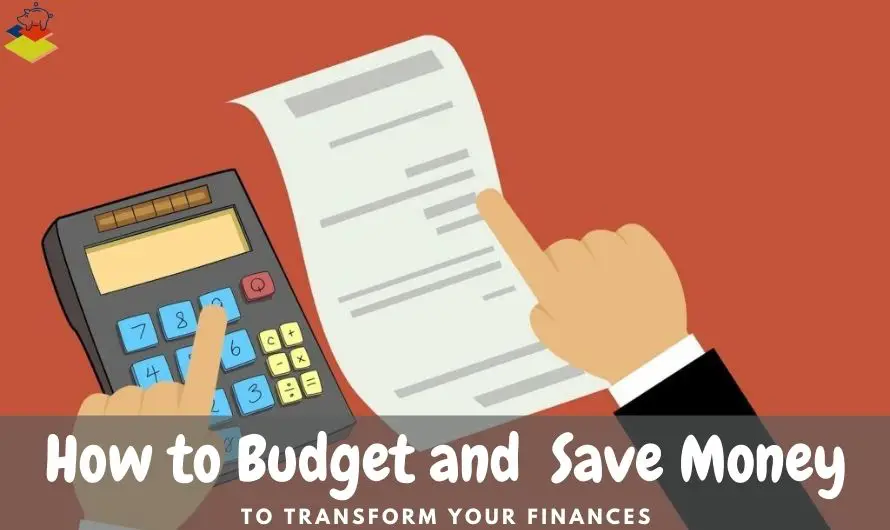
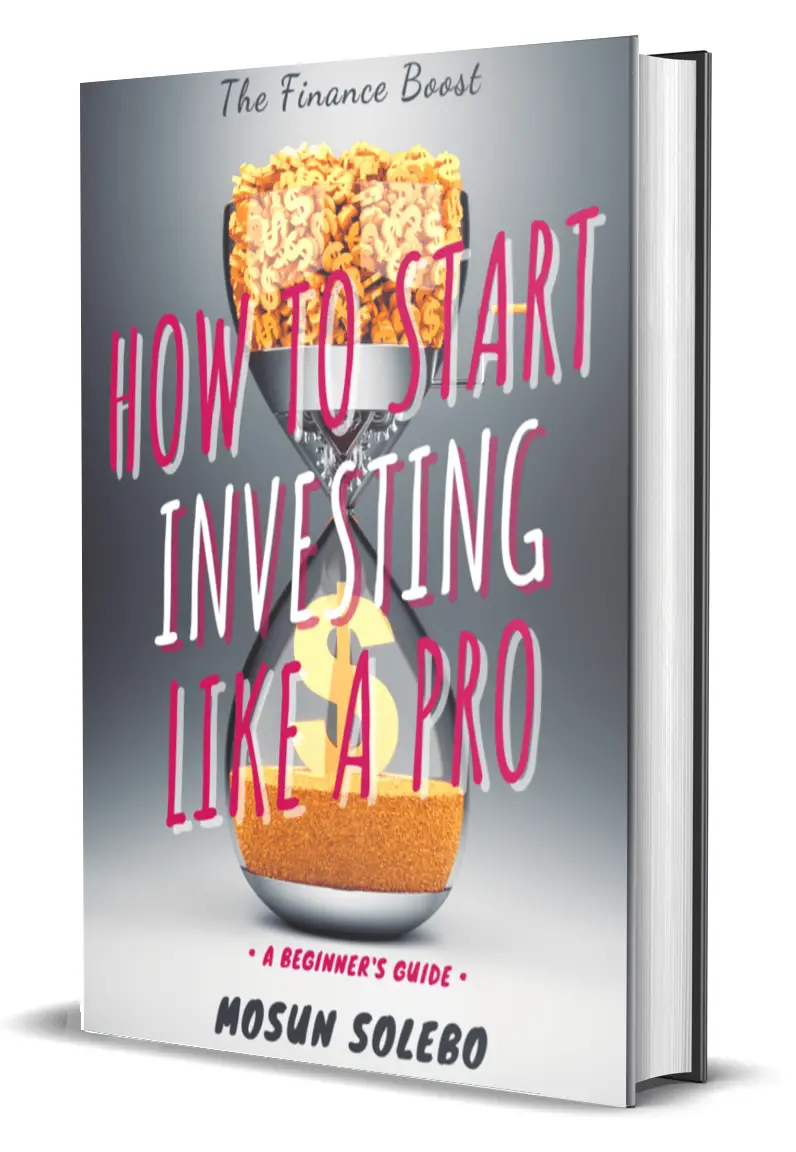
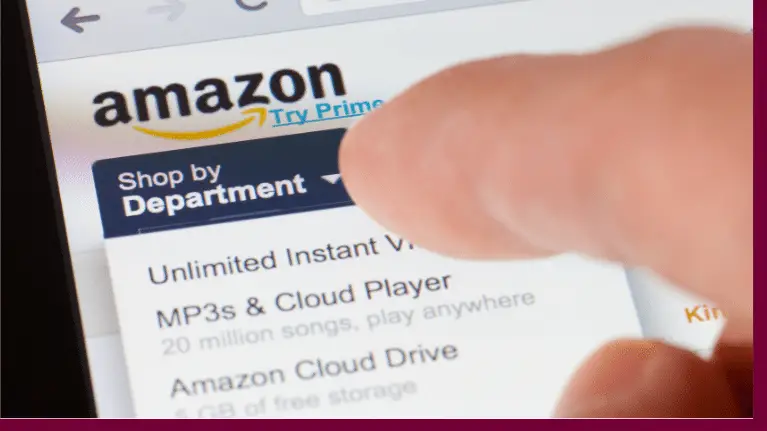


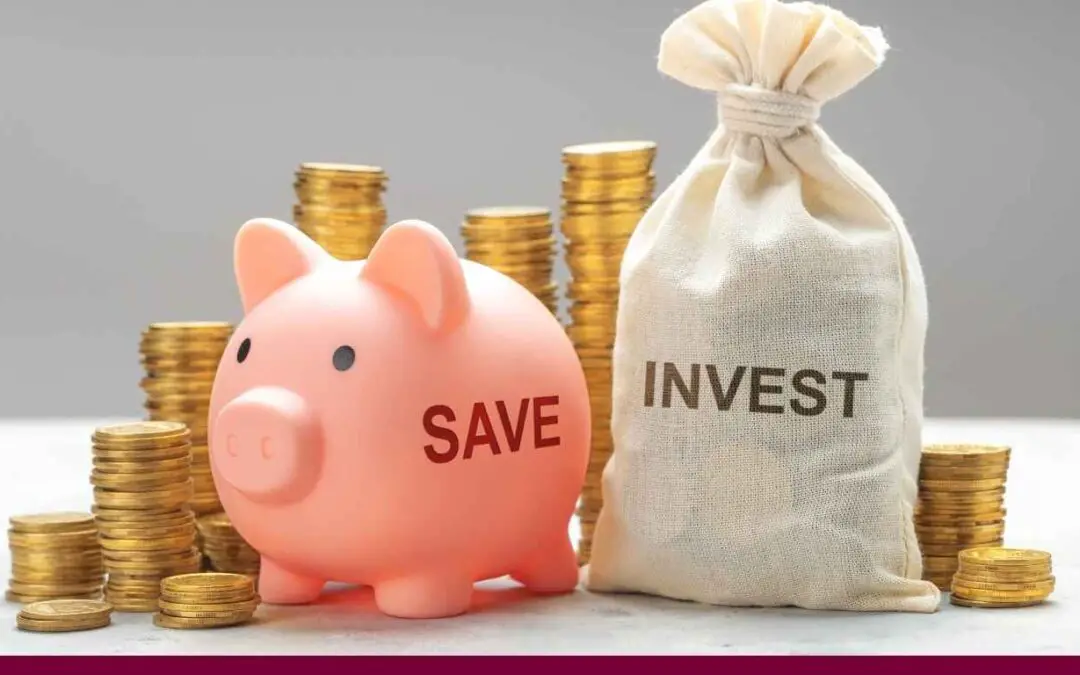



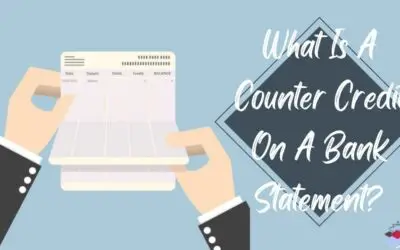
First of all, congratulations on writing such a wonderful piece! I totally agree with you that personal budget is an important step to control your finances and manage them properly. Also, having a budget can literally save families as I have seen in mine. If I didn’t have a budget, I don’t what would happen with my spending because I can be a little out of control sometimes! I just have a question regarding the calculation of your monthly income: what do you advise to people who don’t have a steady paycheck as a basis to calculate their budgets? Thank you.
Thank you so much for your feedback!
For an irregular paycheck, I’d recommend having a flexible budget. First you would calculate your income based on the estimated lowest income you can have at this point. This would apply to incomes on a hourly basis or commissions.
Based on this estimated income, you’ll allocate funds to your different expenses, accounting for the needs first. This way, you have a budget that can work with your estimated bare minimum. Of course, if more comes in than expected, then you can adjust as needed.
With this type of situation, i’d recommend you save as aggressive as you possibly can especially during times when you have a more bouyant income that month. That way, you can use such surplus for the lower income months.
You can use the a percentage-based approach for the other expense categories after the needs category has been taken care of. It’ll make it easier to calculate how much to give any category every month with the varying monthly income.